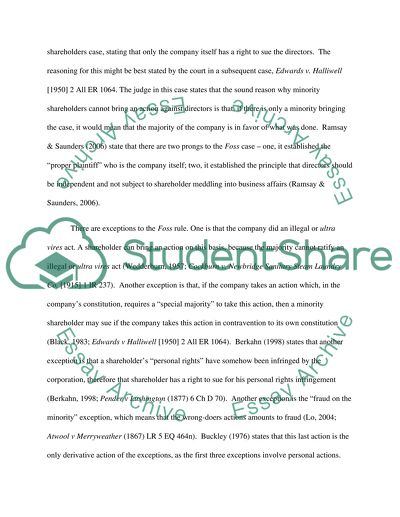Cite this document
(“Business Law Organisations Essay Example | Topics and Well Written Essays - 2000 words”, n.d.)
Business Law Organisations Essay Example | Topics and Well Written Essays - 2000 words. Retrieved from https://studentshare.org/law/1449867-law3106-business-organisations
Business Law Organisations Essay Example | Topics and Well Written Essays - 2000 words. Retrieved from https://studentshare.org/law/1449867-law3106-business-organisations
(Business Law Organisations Essay Example | Topics and Well Written Essays - 2000 Words)
Business Law Organisations Essay Example | Topics and Well Written Essays - 2000 Words. https://studentshare.org/law/1449867-law3106-business-organisations.
Business Law Organisations Essay Example | Topics and Well Written Essays - 2000 Words. https://studentshare.org/law/1449867-law3106-business-organisations.
“Business Law Organisations Essay Example | Topics and Well Written Essays - 2000 Words”, n.d. https://studentshare.org/law/1449867-law3106-business-organisations.


